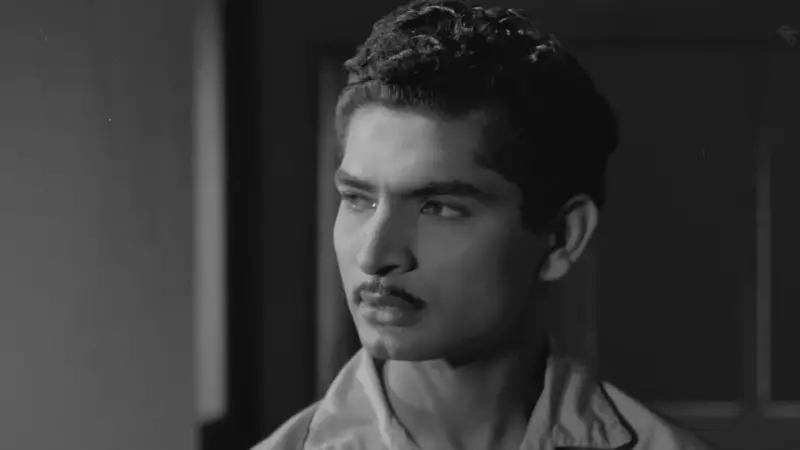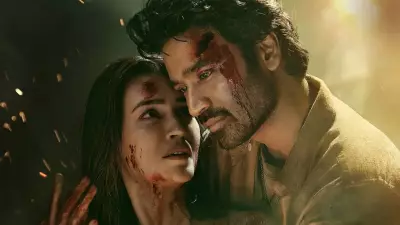
In a revealing conversation that sheds light on the early days of one of Bollywood's most beloved character actors, Govardhan Asrani recently opened up about his brief stint at the prestigious Film and Television Institute of India (FTII) and why he made the dramatic decision to leave.
The FTII Chapter That Lasted Mere Months
Asrani, now 81 but still radiating the same energy that made him famous, recalled joining FTII with dreams of becoming a filmmaker. "I wanted to be a director, not an actor," he revealed during an event in Pune. His time at the institute, however, was shorter than anyone could have anticipated.
The Turning Point That Changed Everything
"I left FTII within three to four months," Asrani confessed, explaining that the structured environment didn't align with his learning style. "I believe one should learn from life, not just classrooms." This philosophy would become the cornerstone of his approach to both acting and teaching.
From Dropout to Bollywood Legend
Despite his unconventional start, Asrani went on to become one of Indian cinema's most recognizable faces, particularly known for his iconic role as the jailer in Ramesh Sippy's legendary film Sholay. His journey proves that sometimes, the road less traveled leads to the most remarkable destinations.
Teaching Without Formal Methods
Interestingly, the man who left formal education behind has spent decades teaching acting. "I never followed any particular method," Asrani explained. "I teach what I've learned from life and my experiences." His approach emphasizes authenticity over technique, reality over rehearsal.
The Secret to His Success
When asked about his formula for creating memorable characters, Asrani shared: "I never rehearsed. I performed spontaneously, reacting to my co-actors in the moment." This spontaneous approach resulted in some of Bollywood's most unforgettable comic moments and characters that remain etched in public memory decades later.
Wisdom for Aspiring Actors
For young actors looking to follow in his footsteps, Asrani offers unconventional advice: "Don't imitate anyone. Observe life around you." He emphasizes that the best performances come from genuine observation rather than studied imitation.
Asrani's story serves as a powerful reminder that in the creative arts, sometimes the most valuable lessons aren't found in textbooks but in the school of life itself.





